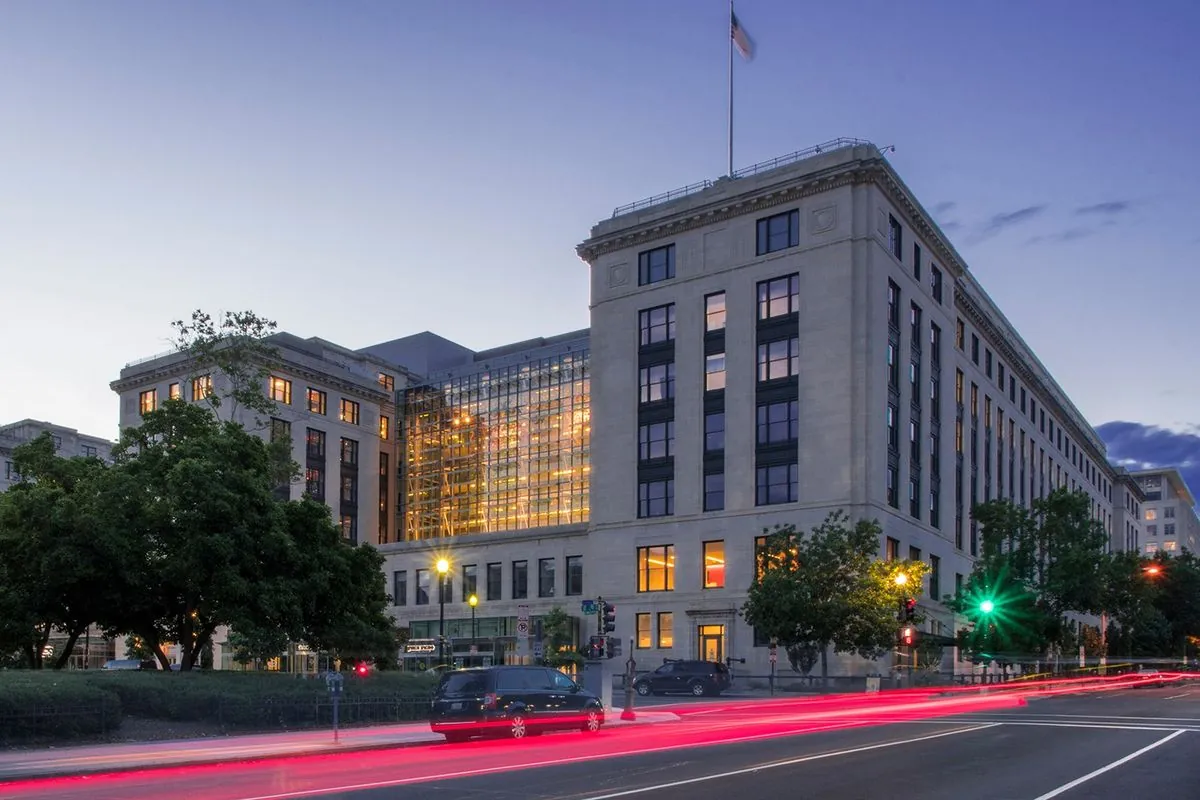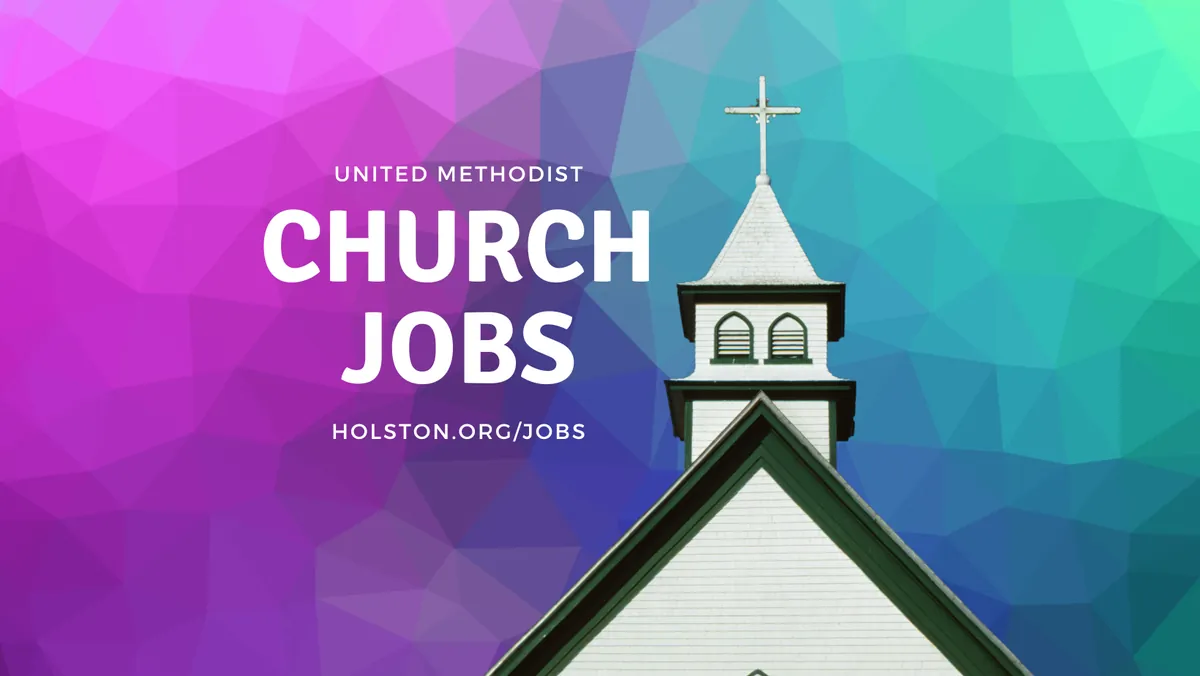U.S. Court Revives Religious Groups' Challenge to Michigan Anti-Bias Law
A federal appeals court has revived lawsuits by Christian organizations challenging Michigan's anti-discrimination laws. The groups seek to hire and serve only members of their faith, citing religious freedom concerns.

The 6th U.S. Circuit Court of Appeals has reinstated legal challenges against Michigan's anti-discrimination laws, brought forth by Christian Healthcare Centers and Sacred Heart of Jesus, a Catholic school in Grand Rapids. This decision, made on September 20, 2024, marks a significant development in the ongoing debate between religious freedom and anti-discrimination protections in the United States.
The plaintiffs, both religious organizations, are contesting provisions of Michigan's Elliott-Larsen Civil Rights Act (ELCRA), which was enacted in 1976. They argue that the law infringes upon their First Amendment rights by preventing them from posting job advertisements that explicitly seek Christian workers who align with their religious beliefs.
The court's unanimous three-judge panel, including Judge Jane Stranch, determined that the plaintiffs face a "credible threat" of legal action from the state. This decision overturns a previous ruling by U.S. District Judge Jane Beckering, who had dismissed the cases in 2023 due to a perceived lack of standing.

The core of the dispute lies in the plaintiffs' desire to require job applicants to sign statements of faith and agree with specific positions, including opposition to same-sex marriage, the use of preferred gender pronouns, and gender-affirming care. These requirements potentially conflict with ELCRA's prohibitions on discrimination in employment and public accommodations.
Judge Stranch wrote in the court's opinion, "It is plausible that a complaint would lead to a cognizable injury." This statement reflects the court's view that members of the public could file complaints against the plaintiffs, triggering investigations by the Michigan Civil Rights Commission, established in 1963.
The case highlights the complex interplay between religious freedom, protected by the First Amendment ratified in 1791, and anti-discrimination laws that have evolved significantly since the mid-20th century. Michigan, which became the 26th state of the Union in 1837, finds itself at the center of this national debate.
The Alliance Defending Freedom, a conservative Christian legal group founded in 1994, represents the plaintiffs. The organization has been involved in numerous high-profile cases concerning religious liberty and anti-discrimination laws since its inception.
It's worth noting that this legal challenge comes in the context of broader societal changes. The U.S. Supreme Court legalized same-sex marriage nationwide in 2015, and discussions around gender identity and expression have gained prominence in the 2010s. These developments have intensified debates over the balance between religious exemptions and civil rights protections.
The court's decision to revive these lawsuits does not determine their ultimate outcome but allows the legal process to continue. As the case progresses, it will likely contribute to the ongoing national conversation about the limits of religious freedom in a diverse society and the scope of anti-discrimination laws.
"It is plausible that a complaint would lead to a cognizable injury."
This case, known as Christian Healthcare Centers v. Nessel, will be closely watched by legal experts, religious organizations, and civil rights advocates alike. Its resolution could have far-reaching implications for how religious institutions operate within the framework of state and federal anti-discrimination laws.


































